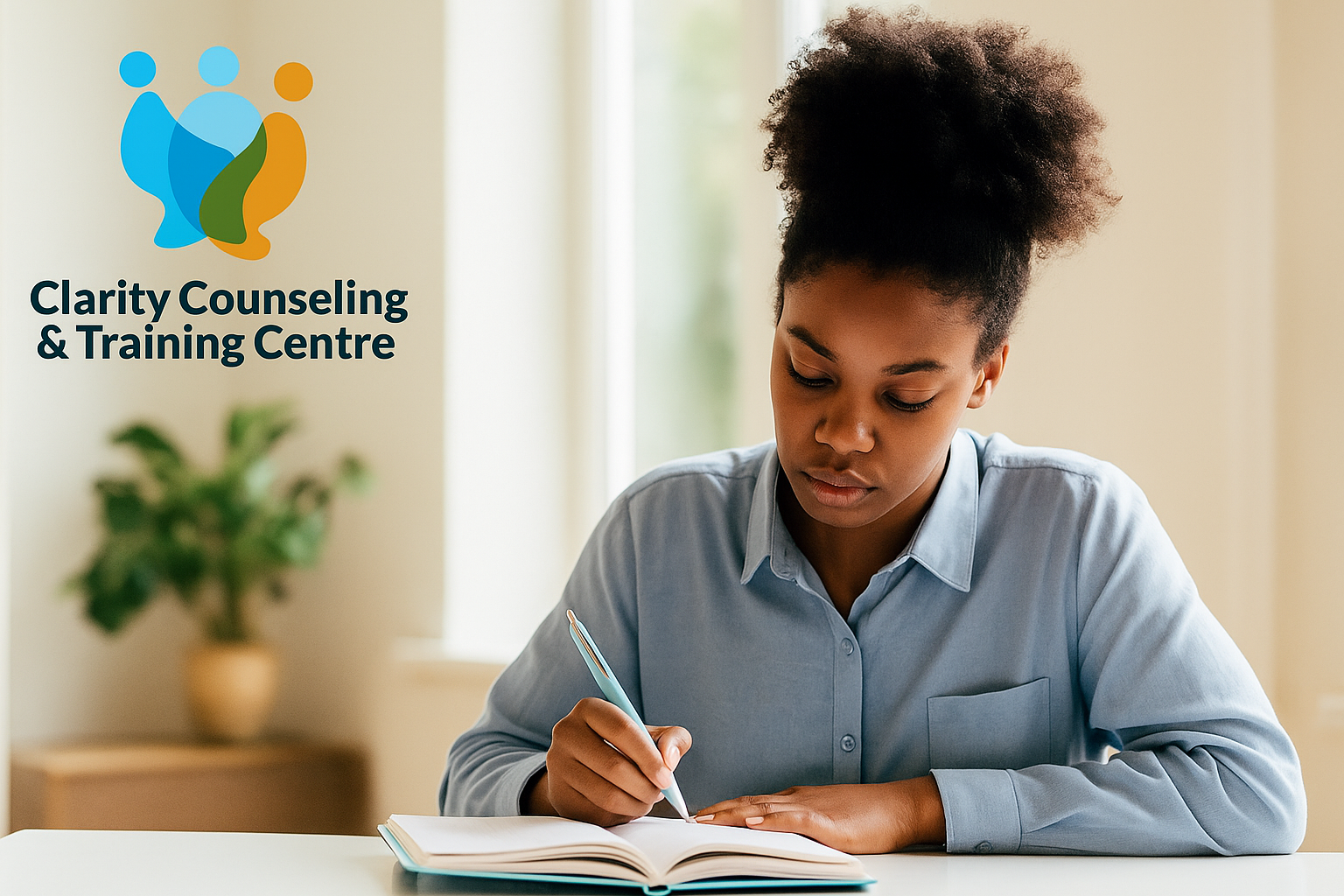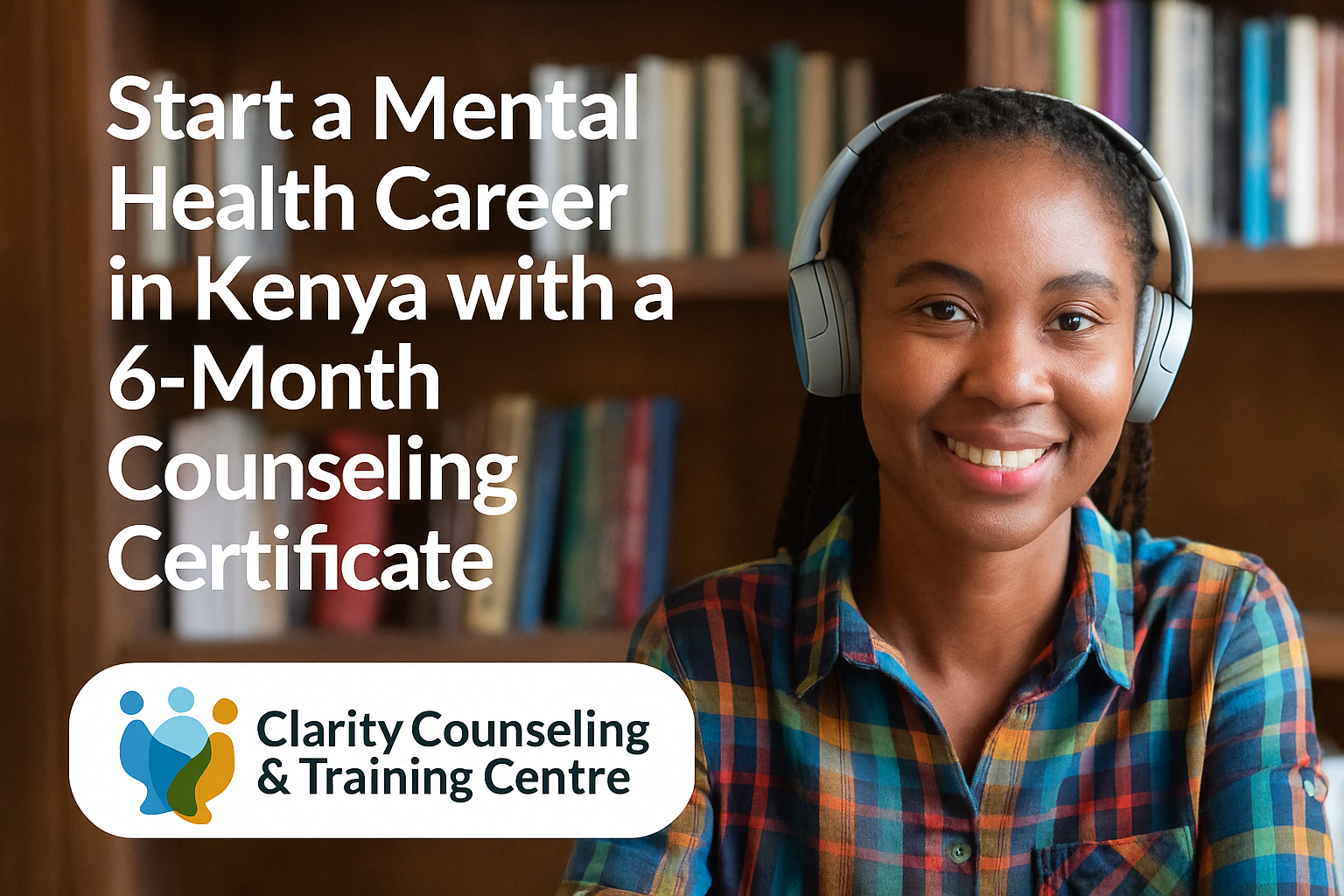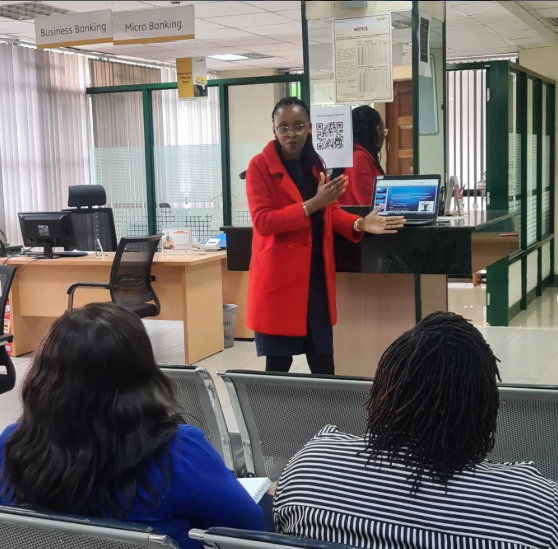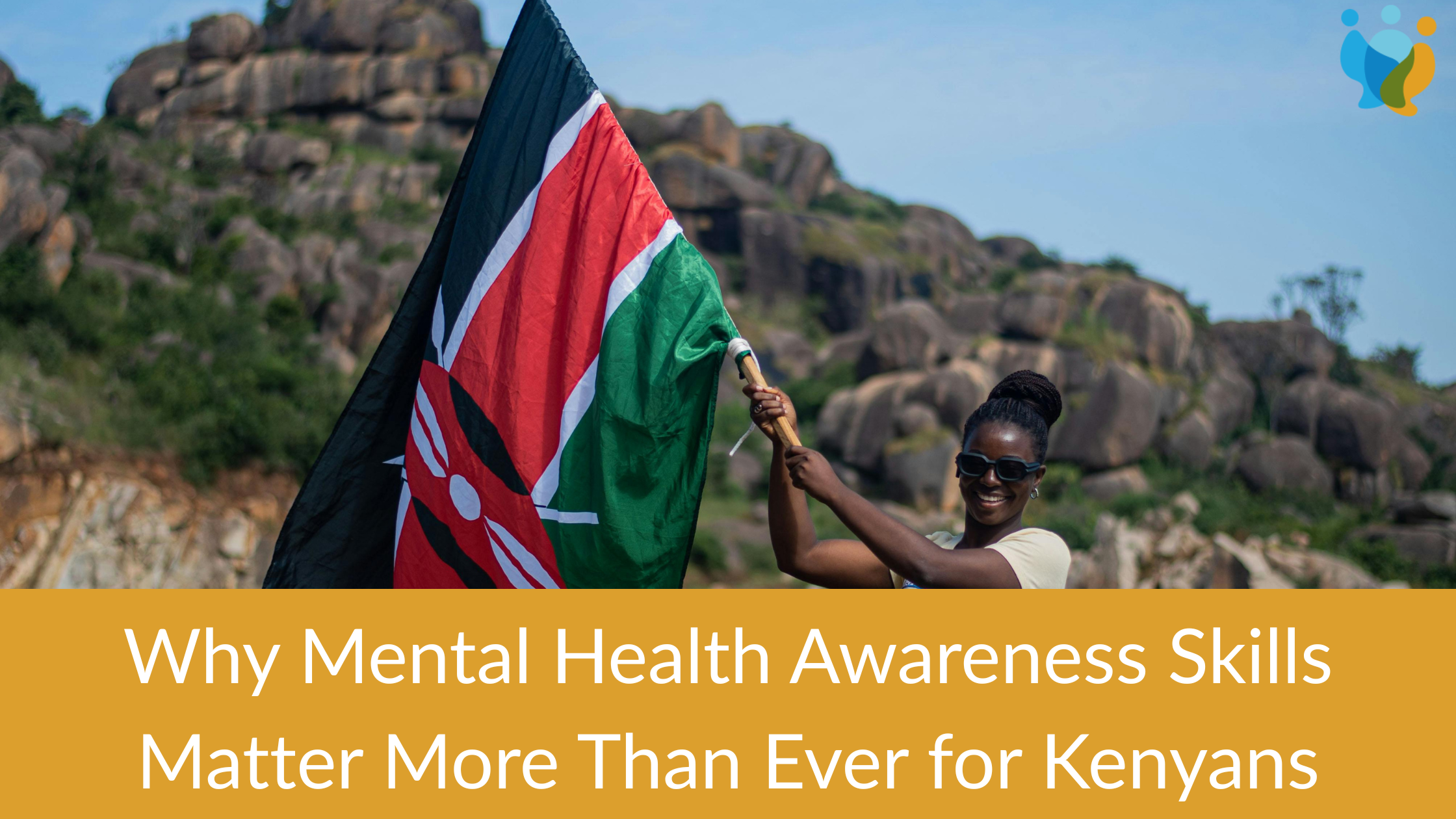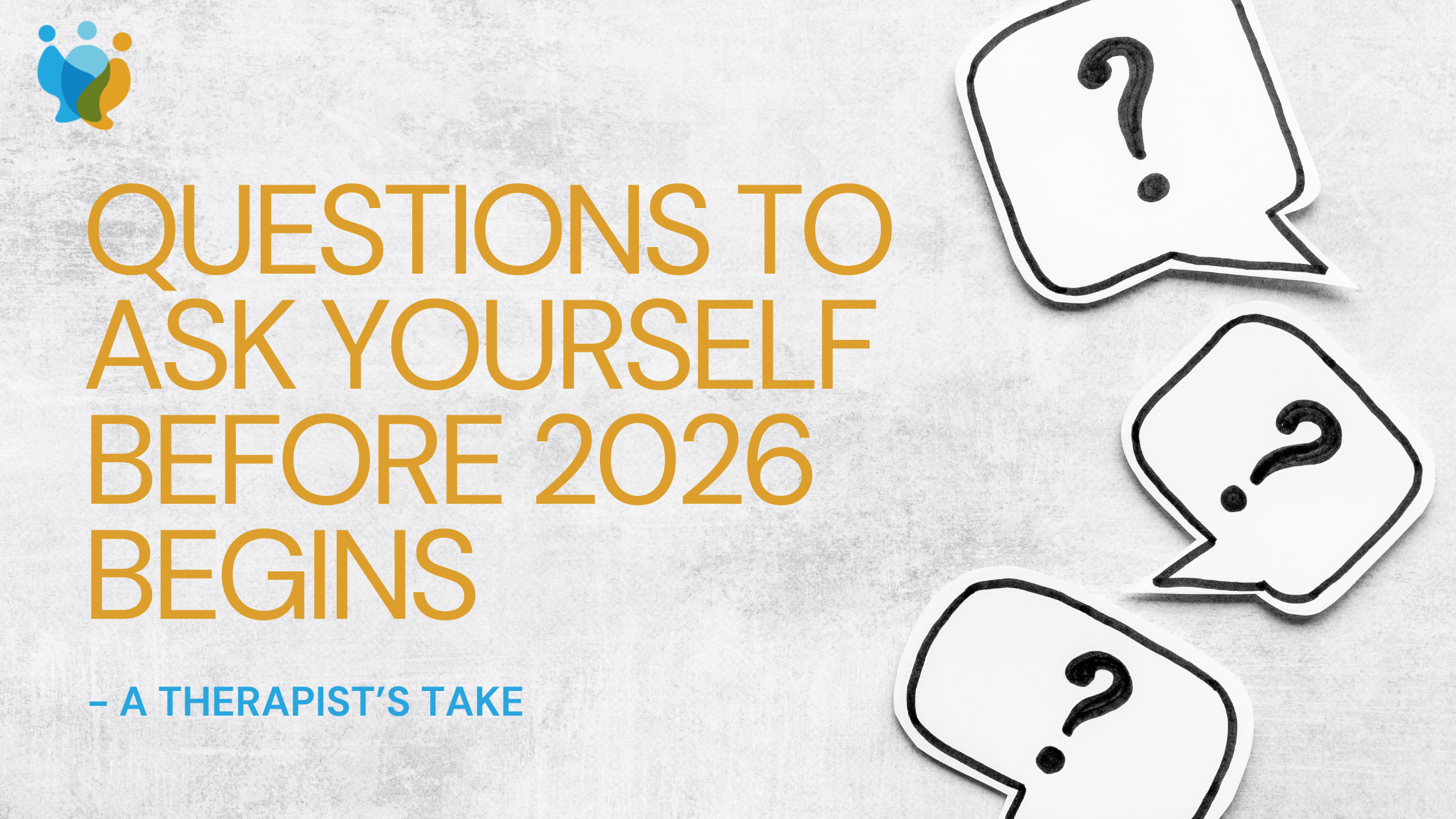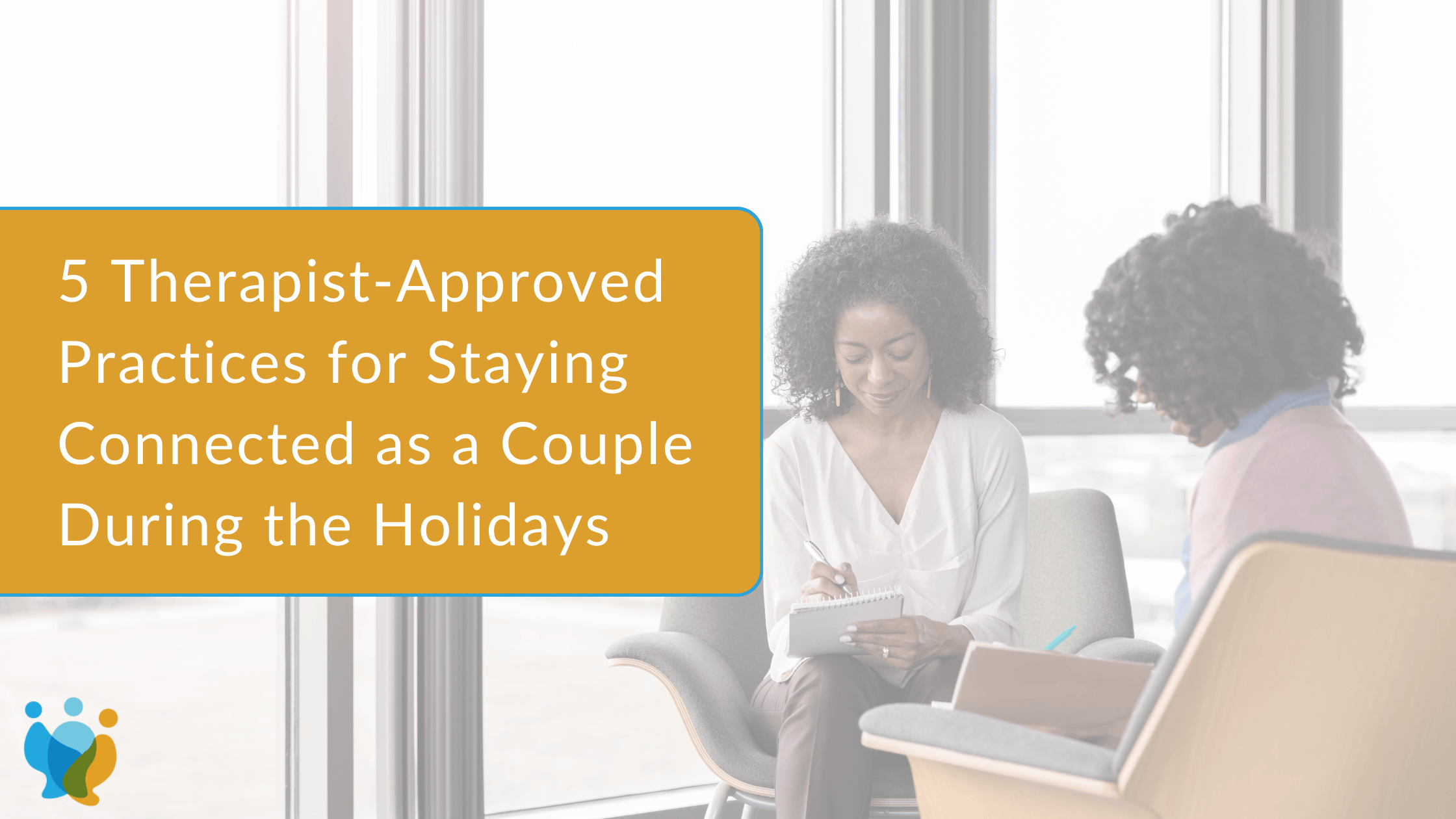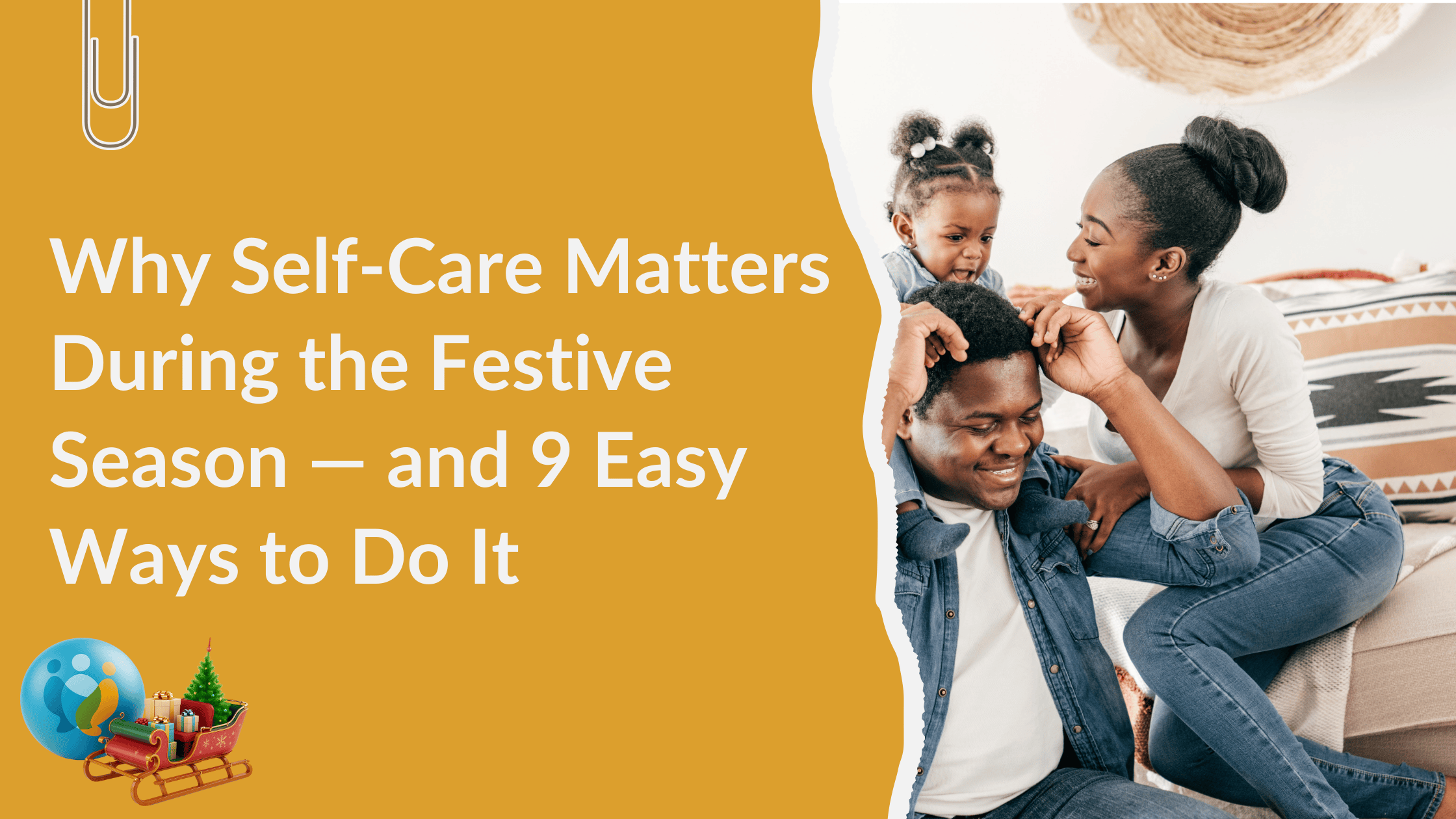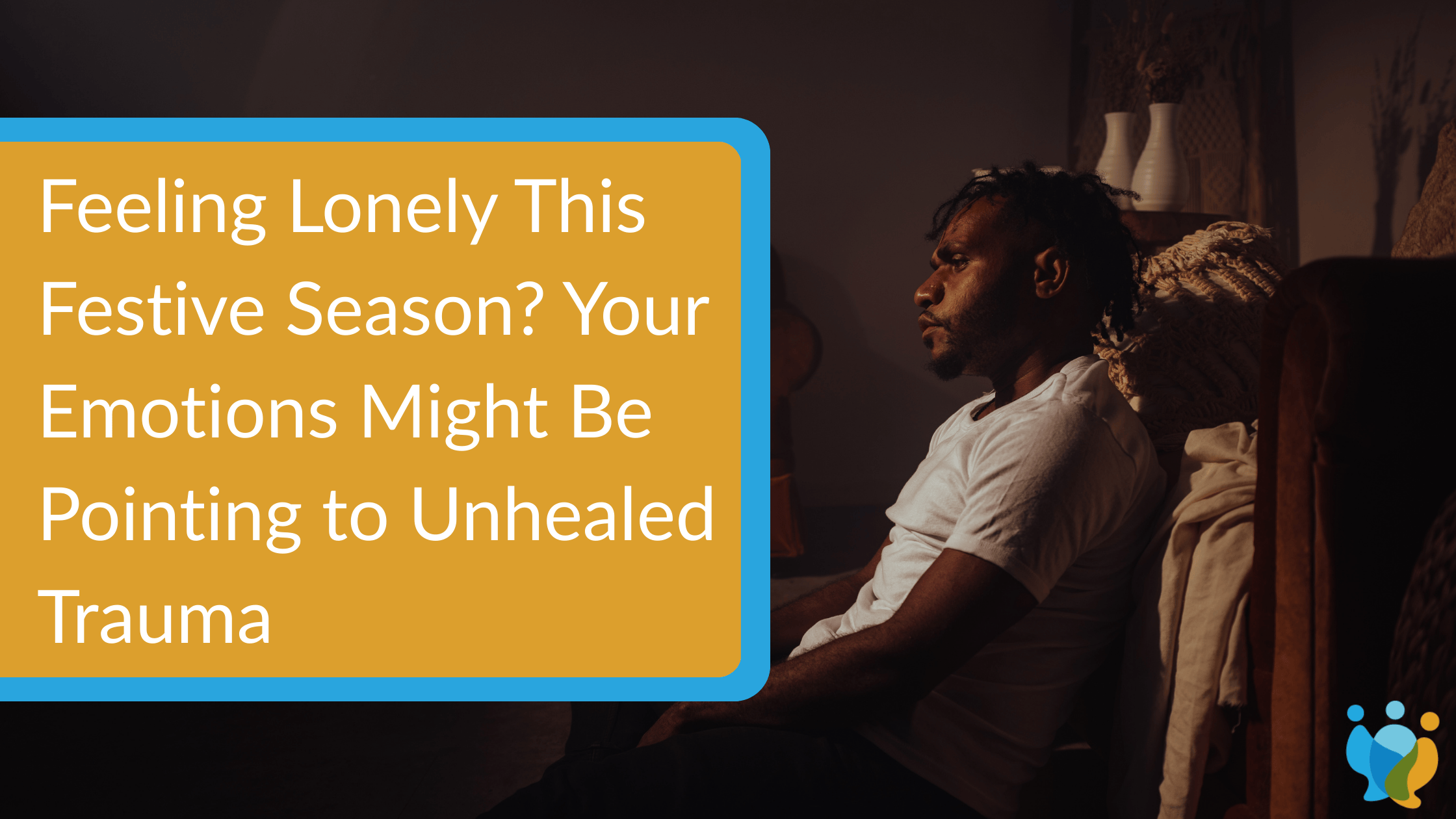Can Therapy in Kenya Save a Marriage? What Couples Need to Know
It’s late.
The house is quiet, but your mind is rushing and racing with thoughts you can’t turn off. A moment you might know all too well.
You can still hear the echoes of your last conversation , the sharp words, the awkward silence, the way your partner’s eyes slid away from yours. Maybe you and your spouse are living in different time zones, one in Nairobi and the other thousands of miles away. Maybe you share a home but feel like strangers.
Can therapy save my marriage? It’s a fair question. Sadly, the Kenya Vital Statistics Report 2024 shows more couples are parting ways than before, and fewer women are marrying at all. The pressures are real, but so is the hope that therapy can offer.
You don’t want a magic fix, but you need to know if hope is worth holding onto, and what the next step should look like. Besides, you are sure it is not about “winning” or “losing” in your relationship. But it’s about understanding what’s possible, what’s realistic, and how to move forward with clarity. In this blog, we explore how couples therapy can help your marriage.
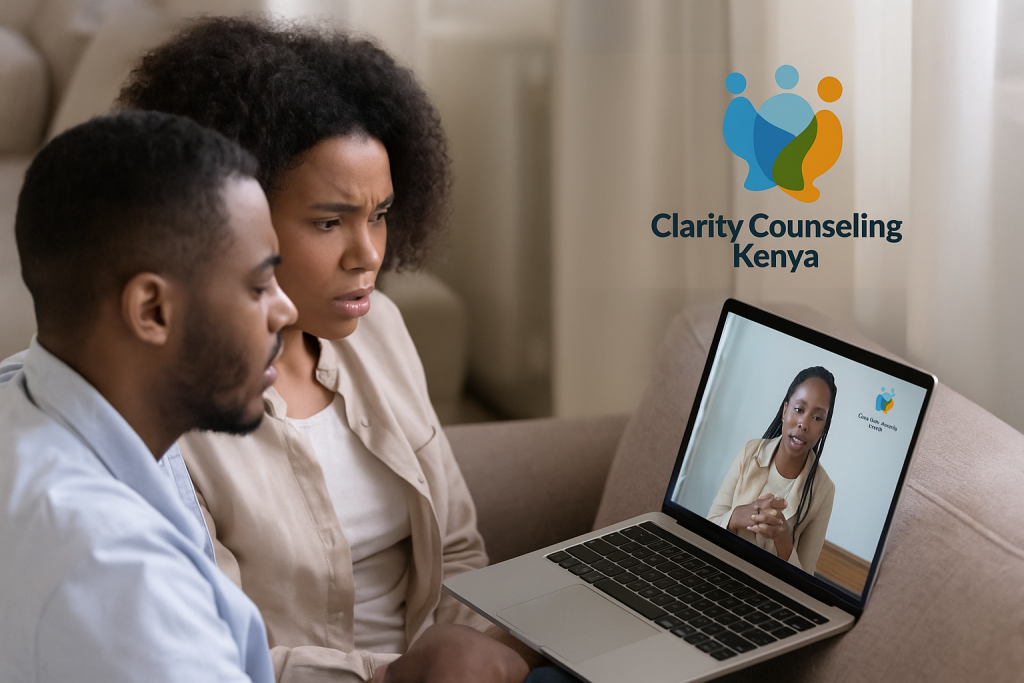
The Quick Answer “Can therapy save this marriage?” and Why it Matters
Yes, couples therapy in Kenya can help save a marriage and it is not just opinion because a 2023 Kenyan study found that 86% of respondents saw counseling as a major factor in saving relationships. But not in the way many people imagine. It’s not a quick repair shop where a therapist “fixes” you in three sessions.
Here’s what marriage therapy in Kenya can do for and your spouse;
- Teach you how to talk without tearing each other down.
- Give you tools to rebuild trust, even after serious breaks.
- Create a safe space to address the issues you’ve been avoiding for years.
What marriage therapy in Nairobi can’t do for you and your partner:
- Force feelings that aren’t there
- Change a partner who refuses to engage.
- Erase the past as if it never happened.
Here’s a thought to ponder on sometimes, the most successful couples therapy doesn’t “save” the marriage in the traditional sense. Instead, it helps both partners separate with understanding, dignity, and peace. That’s still a form of therapy healing, and in some cases, the healthiest choice.
“Healing isn’t always bringing things back to how they were; sometimes it’s finding peace in a new chapter.”
Signs It Might Be Time for Couples Therapy in Kenya
If you’re wondering whether to try marriage therapy, these are common signs it could help:
- Conversations spiral into criticism or contempt: You start with a small topic, dishes in the sink, missed calls, and somehow end up digging through a pile of old resentments.
- The silence feels heavier than the arguments: You’re not fighting, but you’re not connecting either. Days pass with polite exchanges but no real warmth.
- Trust has been broken: Whether it’s infidelity, dishonesty, or broken promises, something has shifted the ground beneath you.
- You’re stuck in the same loop of fights and arguments: It’s like pressing “play” on the same old argument. You know every line before it’s spoken.
- You’ve started living separate emotional lives: You don’t share your hopes, struggles, or fears anymore , with each other or with anyone else.
If any of these sound familiar, marriage counseling in Kenya can offer your relationship more than a conversation. It can provide structure, insight, and the kind of guided dialogue that’s hard to create on your own.
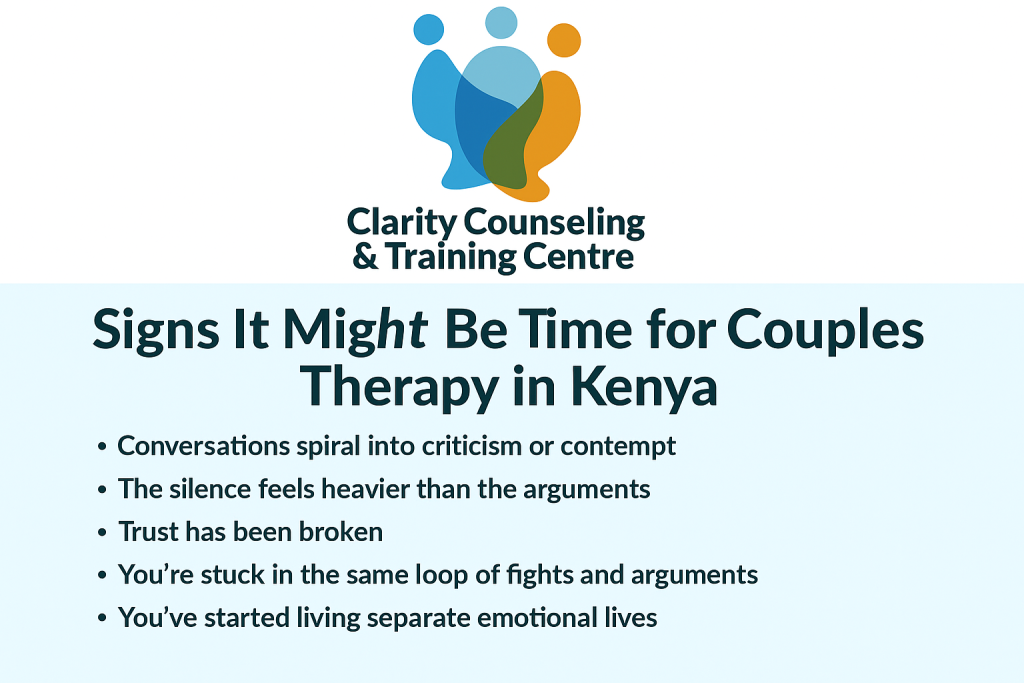
How Couples Therapy in Kenya Works
Think of it as guided navigation for the most important relationship in your life. You and your partner meet with a trained therapist whose role isn’t to take sides but to help you see the patterns you’re stuck in.
A typical journey might look like this:
- First session: you each share your perspective, your history, and what brought you to therapy now.
- Goal setting: you decide together what “better” would look like.
- Active work: this might include communication exercises, role plays, or emotion-focused conversations you’d never have on your own.
- Homework: small, intentional actions to try between sessions.
Some therapists use Emotionally Focused Therapy (EFT) to help you uncover and express the feelings beneath your arguments. Others use Gottman Method tools, which are built from decades of studying real couples.
Still others may blend approaches, drawing from Cognitive Behavioral Therapy (CBT), solution-focused work, or systemic therapy. For couples in different locations (diaspora), say, one in Nairobi and the other abroad , online couples therapy has become a lifeline. Distance changes the logistics, but not the heart of the work.
Success Factors, and Where Marriage Therapy Might not Help
Studies in Nairobi communities show couples who went through premarital counseling enjoyed stronger commitment, warmer communication, and greater marital stability. But even where couples skipped the premarital classes for one reason or the other, therapy works best when both partners are committed to the process.
That means showing up to sessions, practicing what you’ve learned, and being willing to hear the hard truths. It also helps if you:
- Have clear, shared goals.
- Are open to changing your own behavior (not just hoping your partner will change).
- Can give the process time , progress often takes weeks or months, not days.
Therapy is less likely to help if:
- One partner refuses to participate.
- There’s ongoing abuse that hasn’t been addressed through safety planning.
- There are untreated addictions that keep disrupting progress.
Again, here’s the counterintuitive insight, couples therapy can “work” even if the marriage ends, because the goal isn’t always staying together at all costs. It’s creating a relationship (or separation) that’s healthier than where you started and mainly for your children if you have them.

Couples Therapy in Kenya, What to Expect
The Kenyan counseling landscape is growing fast. In Nairobi and other major towns, you’ll find therapists offering both in-person and online sessions. This is especially helpful for couples who live apart, whether that’s because of work travel, diaspora life, or family responsibilities.
A recent study in Siaya County found that 67.4% of married individuals sought marital counseling for serious issues, while 20% did so out of crisis or desperation, a reminder that many of you, from educators to diaspora professionals, may already feel that urgency.
Some providers specialize in culturally attuned, faith-sensitive, and comprehensive couples therapy with flexible packages.
- Session length: usually 60–120 minutes.
- Frequency: weekly or bi-weekly is common at first.
- Duration: many couples start seeing changes within 6–12 sessions, but deeper healing can take longer.
If faith is important to you, some therapists integrate spiritual perspectives into their work , something you can ask about during your first inquiry.
Practical tip: prepare for your therapy first session by jotting down key concerns, specific examples, and at least one shared goal. This helps your therapist understand your starting point.
Choosing the Right Therapist
While many counseling centers in Nairobi focus on individual therapy, we specialize in relationship work that blends evidence-based methods like EFT and Gottman with cultural sensitivity, something global online platforms can’t always provide.
The right fit can make or break your therapy experience. Look for:
- Qualifications: training in couples therapy, not just individual counseling.
- Experience: ask how many couples they’ve worked with.
- Approach: whether they lean toward EFT, Gottman, systemic, or integrative methods.
- Comfort: you should both feel safe and respected in the room (or on the screen).
Red flags:
- They promise to “fix” your marriage quickly.
- They take sides or openly judge one partner.
- They ignore or minimize safety concerns.
FAQs, Quick, Honest Answers
- Can therapy stop infidelity?
It can help rebuild trust and create boundaries if both partners want that. But it can’t erase what happened or force forgiveness. - How long before we see improvement?
Some couples notice changes after a few sessions, but sustainable progress usually takes months. - Will a therapist tell us to divorce?
No and they shouldn’t even suggest it. Their role is to help you explore options and communicate better, the decision is always yours.
Let Clarity Counseling Walk with You into Your Next Step in Marriage Therapy
If you’re reading this, you probably care enough to try. That alone says something about you and your marriage. Therapy is no guarantee. But it’s a chance, a structured, supported, guided chance, to see if you can reconnect, rebuild, or redefine your relationship. Even if you’re continents apart. Even if the hurt feels fresh.
It’s not about who’s right or wrong. It’s about whether you’re willing to show up for the conversation that matters most.
At Clarity Counseling Kenya, we offer in-person sessions in Nairobi and online therapy for couples wherever you are in the world. Our work is confidential, culturally aware, and, for those who want it, faith-sensitive.
You don’t have to decide everything today
You just have to take the next step. Book a couples session, online or Nairobi or start smaller: Request a 15-minute discovery call.
Either way, you’ll walk away with more clarity than you have right now.
